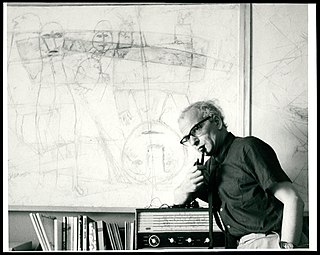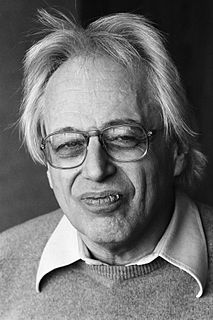A Quote by Michael Scott
You might argue that the history of contemporary art is a series of avant-garde movements, each new wave outraging the last.
Related Quotes
The avant-garde has always existed throughout the history of mankind. The good things from the avant-garde last and eventually, after many years, become tradition and people forget they were ever part of the avant-garde. The kitchen is a living discipline, always evolving, and there will always be cutting edge things that over the years, ends up being part of tradition.
My work first engaged with the early russian avant-garde; the paintings of moholy-nagy, el lissitzky's 'prouns' and naum gabo's sculptures, but in particular with the work of kasimir malevitch - he was an early influence for me as a representative of the modern avant-garde intersection between art and design.
More than one branch of the avant-garde, claiming to break with the bourgeois vision and mode of production, remains tied to it in spite of its denials and ex-communications. We are far from having overcome bourgeois thought or practices, despite the socialist "intermission" between the Russian revolution and the collapse of the Berlin wall. The avant-garde has lost its radical nature. On the other hand, "bourgeois theatre" is sometimes subtle enough to flirt with the avant-garde or to make "intelligent boulevard theatre.
Publishing has gone very middlebrow. It's turned its back on legacy of modernism and gone into a humanist mode. When people go through art school they are exposed to the history of the avant-garde, and there's a general understanding that what you're doing as an artist is to a large extent, not just regurgitating that history, but engaging with it. There's this denial of that in the mainstream publishing world.





































